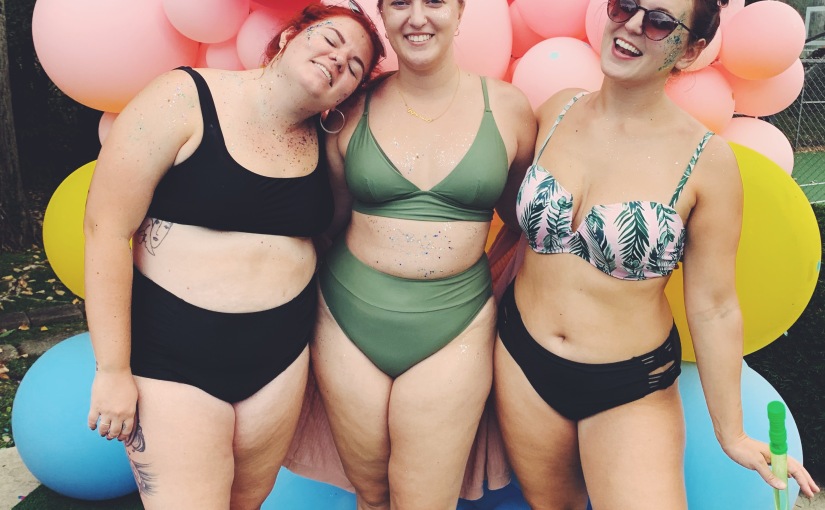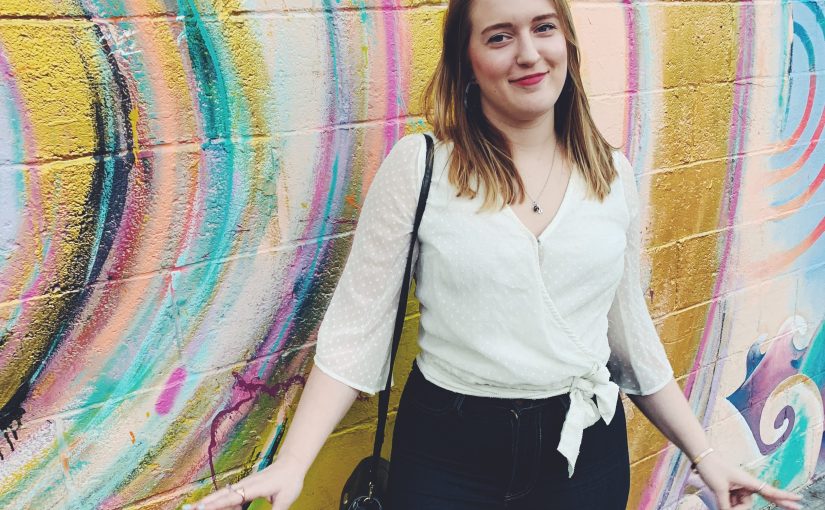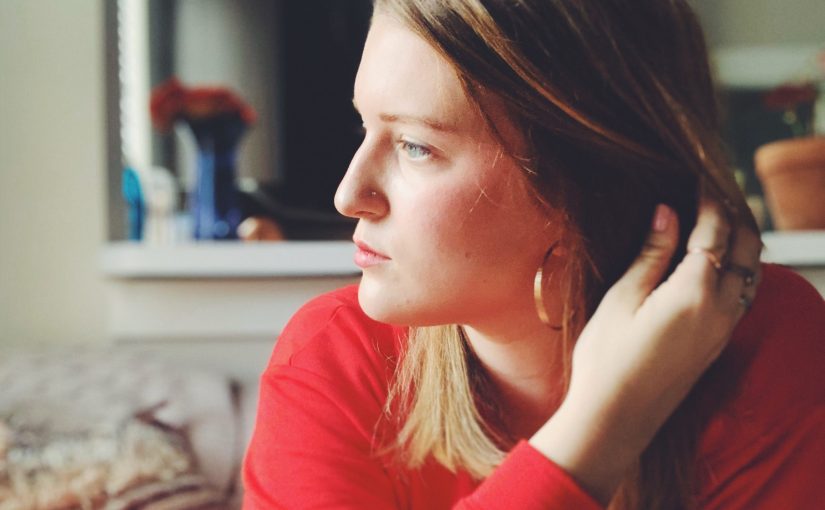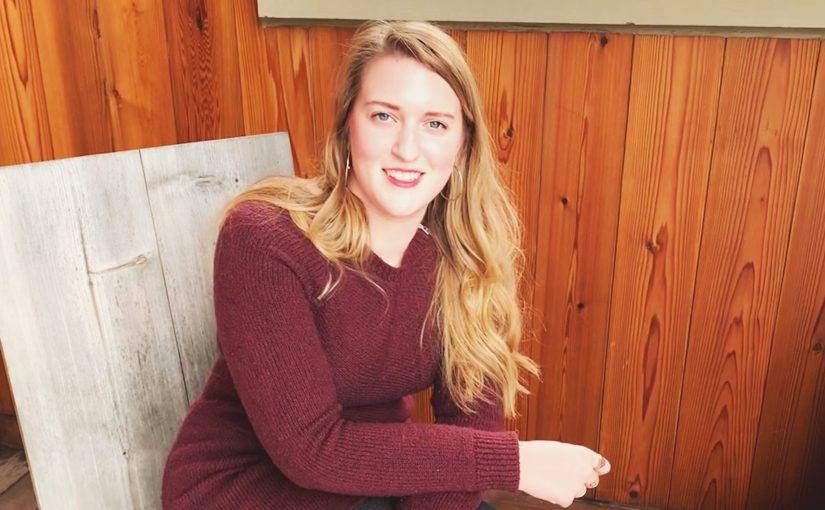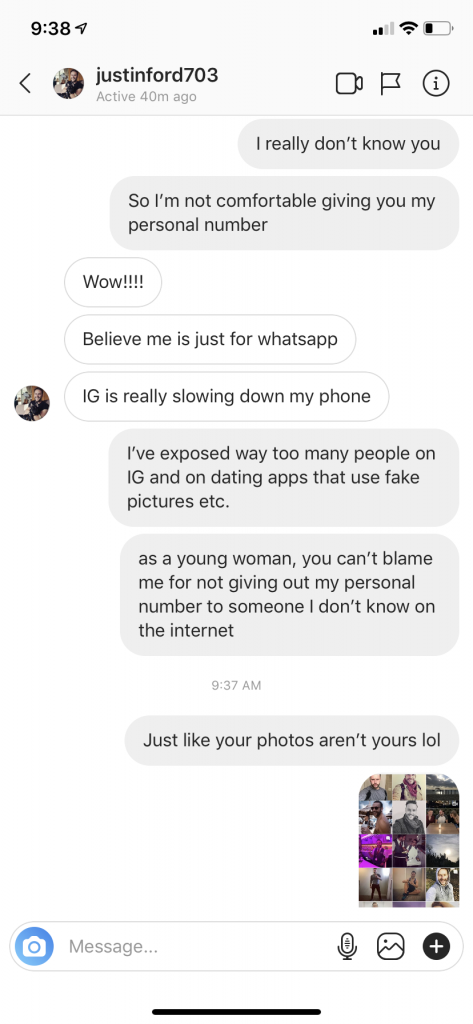This weekend, local Columbus girl bosses Stef Streb and Julie Wojno threw a body positive pool party – Suns Out, Tums Out. This event brought together 105 women from around the city to put on their swimsuits and reclaim their bodies. And let me tell you, it was magical.

Every summer in grade school I would throw a pool party a week or so before school started. At first bringing girls from all different friend groups together for a day in the sun and a good ole fashioned water balloon fight. Eventually, boys started coming too, despite my dad’s complaints.
This was the highlight of my summer, and when I think back on those pool parties it always makes me incredibly happy. I rocked bikinis, ran around, ate as many pieces of pizza that I wanted, and took tons of pictures. But I often wonder where that carefree version of me went. When did I go from complete comfort in my body, to dreading being in a bathing suit? When did I start comparing my body to the bodies of other women at these kinds of events?
Where did the confidence go?
Well, research conducted by a local non-profit, Ruling Our Experiences (ROX) can shed some light on that. In 5th grade, 86% of girls say that they are confident, and only around 20% say they want to change something about their bodies. Between 5th and 9th grade that dramatically changes. By the time girls start high school, only 60% say they are confident, and further, 58% now want to change something about their bodies.
ROX works to intervene during that critical time so that young girls do not lose that confidence. Suns Out, Tums Out ran a raffle that benefitted ROX, and in total raised $575 dollars for their cause. And let me tell you that felt good. I want young girls to never lose that confidence, I want them to experience what I cann the “Suns Out, Tums Out feeling,” everyday.
Walking around at the event, I kept wishing that every pool party could feel like this. Hell I wished that every space could. It took me back to the pool parties I used to throw, back to when I didn’t think twice about my body. Deep down I just had this feeling of, “why did we have to grow up?” As women, we not only learn to hate our bodies, but we also learn to compare ourselves to other women. And let me tell you – this can often create this innate competitiveness of who can be the smallest and the “healthiest.” We begin to resent each other, and sometimes when we see a woman proudly posting a bikini photo on the gram, our first reaction is to accuse her of seeking attention. How sad is that? Wouldn’t it be great if our first thought was, “Good for her,” or “look at how confident she looks.”
Pure Magic
Well Suns Out, Tums Out created just that. The day I woke up for the event, I actually kept finding myself on the verge of tears. And I kept racking my brain like, what is wrong with me, did I forget to take my happy pills? Am I starting my period? What is going on? And as I approached the party in my Lyft, I started to tear up again. I was happy. I was thankful. Happy to be entering a space where I wouldn’t have to think about my body. Where I could forget sucking in my gut, and sit down and just let my rolls be rolls. Where the feeling of my thighs rubbing together made me feel cute instead of self-conscious. And thankful that an event like this even existed.

Upon entering the pool party I was immediately taken aback by the sheer beauty of all these amazing, normal bodies just glistening in the sun… and glitter. Yes, I said it – glitter. Guests were encouraged to glitter up their bodies. Normally I would be so concerned about where I put the glitter and what I was calling attention to, but watching everyone smear their bellies with a rainbow array of glitter I did the same. I glittered my tummy, my butt, my thighs and I started to feel that child-like sense of confidence bubbling up. And just standing around a table full of women excited to get the chance to just wear glitter for fun for a day is really something to be seen. You immediately bond with girls you have never met before over this feeling of pure joy.
The fun didn’t stop there. Next up – the braid station. Yes my friends, whatever braids you could imagine – you could get. As someone who can’t braid her own hair, my dreams came true. Women of all ages waited in line to get pig tail braids, princes Leia braid buns, crown braids and more. And the ladies from PENZONE Salon, glittered up themselves, were able to make it all happen. A big shout out to them, I think they probably braided all 105 women’s hair there. The line was steady throughout the whole event.

The only thing just as steady was the consistent stream of photos being taken. And the best part was that taking the photos had nothing to do about how anyone looked, and more so how we all felt. You definitely could feel this vibe of comfort, inspiration, and just pure respect for everyone in the space. No one was worried about what they would look like in a photo – they just wanted to be able to remember the day. And let me tell you, I didn’t want it to end.
We Need More Body Positive SPaces
Despite being exhausted from the sun, and emotionally overwhelmed, I wanted it to last forever. Towards the end of the event, you could tell that others felt the same. Looking around I noticed that people were more quiet than they were at the beginning of the day, and many were just sitting, looking around with pure contentment on their faces.

I know that I was feeling an appetite for this sort of space to be the norm, and I can only guess that that was running through the minds of everyone else. It was so refreshing to spend a day with women, tums out, not talking about what we like or don’t like about our bodies, and eating as much as we want because Sweet Carrot, Jeni’s, and Bakes by Lo are to die for, and not once hearing anyone say, “I feel so fat,” or “I can’t believe I just ate that.”
And none of this would have been possible with Stef and Julie, who consistently show up to help women reclaim their bodies and their confidence. Who aren’t afraid to raise their voices against diet culture. Who wear what they want, when they want because they appreciate and love their bodies. Who got in the pool when no one else was ready to make the jump yet, to show us it really was okay. If I had not met these two, I would not have come as far as I have on my own body positive journey. And if I dare say it, they’ve kindled the beginnings of a movement here in our community.

From starting out with small, intimate Girls Nights where twenty or so women would come together to talk about body image and struggles with diet culture, to already having a location booked for next year’s pool party at an even bigger venue – there is an appetite among women for body positive spaces, and they have taken on the responsibility to make that happen. Women want to come together both to talk about this issue, but also to have genuine conversation and connection beyond talking about the latest diets and exercise programs. And to see local businesses like Land Grant, Rhinegeist, Sweet Carrot, Bakes by Lo, Jeni’s, PENZONE, and more supporting this cause gives me hope. Hope that eventually spaces like this will be the norm for girls and women. And that culture will understand that who a woman is matters more than what she looks like.

Just that one afternoon confidence boost has carried through to the next day. Today I put on a crop top, tossed my hair back, and walk from my car into this coffee shop with my head held high. And funnily enough, the staff, who I am familiar with from coming here regularly, commented that I looked “radiant” today. In my mind I said to myself, “yes I know. It’s that Suns Out, Tums Out after-glow feeling,” and it’s priceless.

